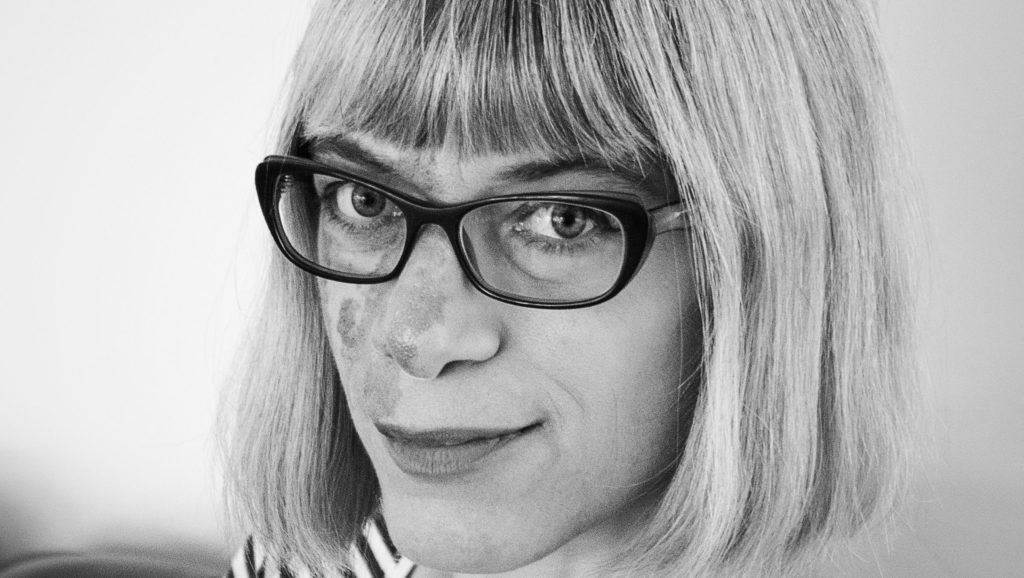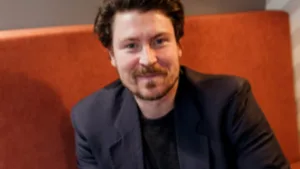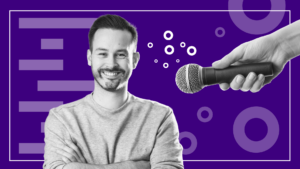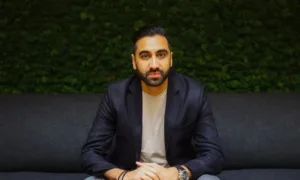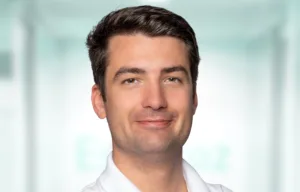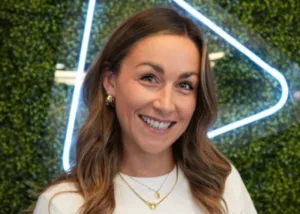We think it’s time to recognise and celebrate the true talent in our industry, the creatives, technologists, founders and leaders that are really driving our industry and shaping society, who just happen to be over 50. 50over50 is a series of interviews, shortly to become a podcast, with our most influential and inspiring industry leaders aged 50 and over.
Madeleine Morris is a freelance creative, having worked for agencies including Saatchi & Saatchi, Leo Burnett and Grey London. In 2018 she founded The Society of Very Senior Creatives, with a mission to keep more people over 45 in her industry, to change perceptions of ageing and make all those aged 45 years or older more visible.
What is the biggest mistake companies — brands or the industry – are making in their attitude to age today?
Age is the elephant in the room. It’s the key to unlocking huge potential for growth and long-term resilience. Old and young are equally important and our differences are superficial. We need to stamp on stereotypes — they are completely irrelevant. If you’re over 50 you’re just as likely to take up a new sport or change your fashion style or buy a funky new car as a millennial.
What one thing are you proudest of in your career?
I’m proud that I’m still fighting at 50+. Nearly all my female creative friends gave up or changed direction over the years. This was mostly due to antiquated attitudes and lack of flexibility which made it difficult for them to be a parent and a creative. I was lucky to have an enlightened and supportive ECD when I came back from maternity leave.
But, I’m also very stubborn and bloody minded so I was determined to make it work. I’d like to think the reason I’m still working is solely due to my talent but, in truth, it has a lot to do with my inability to take no for an answer. I’m a fighter, as is evidenced by my most recent come back after being made redundant in my 50’s.
Now I’m fighting for us all with my ‘Society of Very Senior Creatives’.
What creative heights are you now capable of that you wouldn’t have been able to achieve at the early or mid-point of your career?
I don’t have to trawl through every iteration of an idea before I find a good one. I know what’s original and stand-out and I know what has been thought of a hundred times before.
I’m bloody good at word craft — mostly because I’ve had a LOT of practice. I’ve spent 52 years being me, so I give a lot less fucks and I enjoy myself more. In short, my experience has enabled me and my age has liberated me.
I’m now faster and more agile — mentally of course, although I can just about keep up with my 10-year-old daughter in a race!
What gives you the most satisfaction in your role today?
Helping others. I didn’t really have a mentor when I was a young creative. And that is sadly still the case today as there are so few of us oldies in permanent employment.
In my last agency I was the first female creative to come back from maternity leave and carry on working. My experience helped many others in the agency navigate and negotiate the ups and downs of life as a creative mum.
Now I’m hoping to do the same for anyone over 45. I want to prove we’re still driven. Still determined. Still full of exciting original ideas, no matter how old we are.
What is the biggest lesson you have learned in your career?
Be yourself, trust your instincts and don’t take criticism to heart. As a young creative I was so worried about what other people thought of me and my work. You get knocked down constantly and have to keep coming back with more ideas.
That doesn’t really change when you get older, but you do develop a thicker skin. I have rhino skin now — it’s not attractive but it keeps me protected.
What advice would you give your 25-year old self?
Take your Grandmothers’ advice, they have been through so much, you should value their experience and judgment more than you do.
What are you most excited about in your industry over the next 10 years?
I’m excited that our industry has the potential to change opinions, to bring diversity and acceptance of difference into the mainstream. I want to be part of that change.
What is your biggest regret about the industry today?
It’s a shame it has taken so long for this discussion to come to the fore and for us to fight back. Also, I get frustrated by the amount of lip service that goes on without real targets being set.
The best way to make changes are to set targets and stick to them — not just bloody talk about it!


